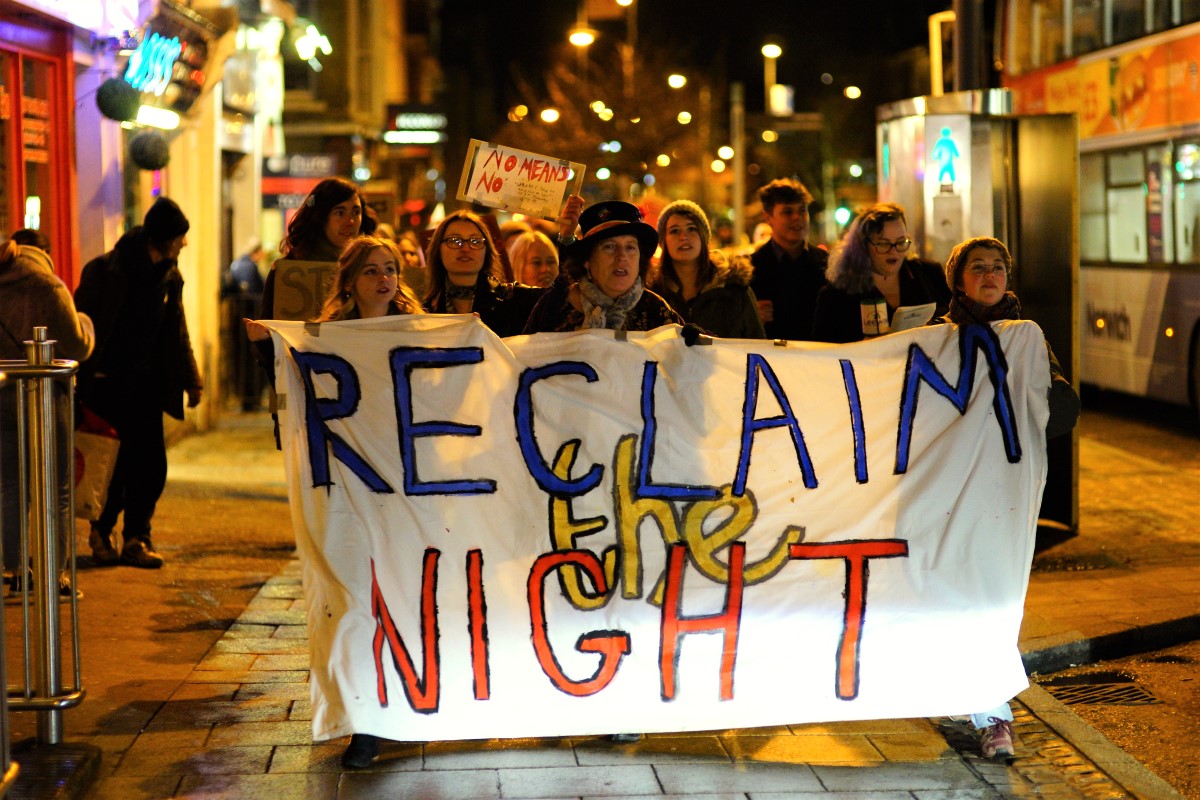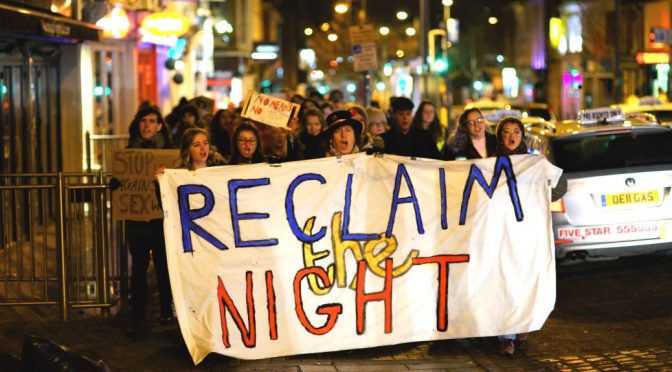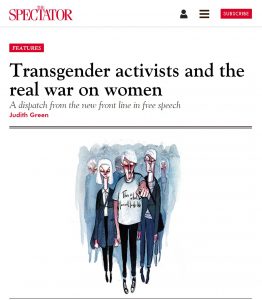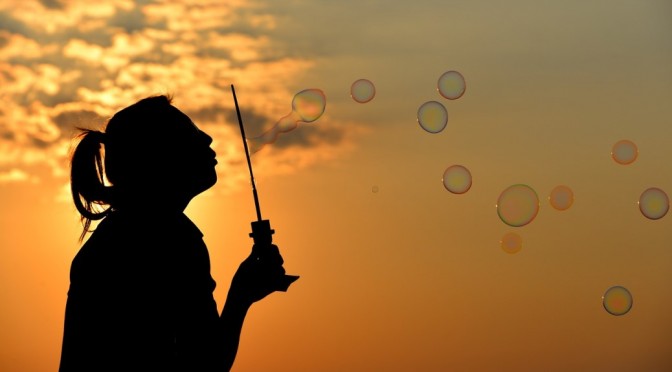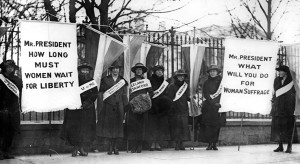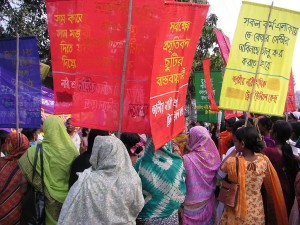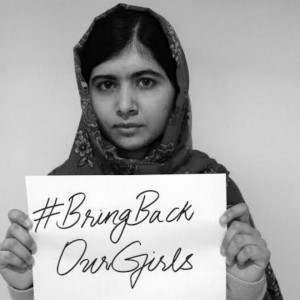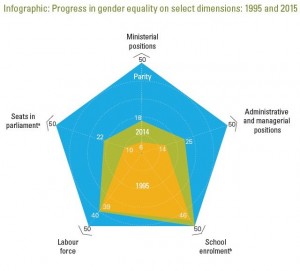The third Norwich Reclaim the Night took place on International Women’s Day 2018, spearheaded by UEA students and young intersectional and international feminists. It was inclusive of trans and non-binary people, as well as men, focusing on safety for all not gender. Sex worker freedom from violence, intimidation and harassment was also signposted. This was feminism for all without any infighting or exclusion.
Rallying talks and emotive poetry (all with content warnings) raised the issues of violence against women, of “Yellow Peril” racism on the streets, of domestic and sexual abuse, of hate crimes, and of the need to take back and create safe streets for all. The evening began with a talk about Leeway domestic violence and abuse services and also fundraised for them.
“Many marches are women-only and sadly some groups have discriminated against trans participants… We came out to show that Norwich is no longer a place where you can be harmed or discriminated against for the colour of your skin, your faith, gender, sex, nationality or sexual orientation.” – UEA event organising group
March chants – and Poppy Rose was in good voice, included:
“Love, not hate
Makes Norwich great!”
and
“Claim our bodies
Claim our right
Make a stand
Take back the night!”
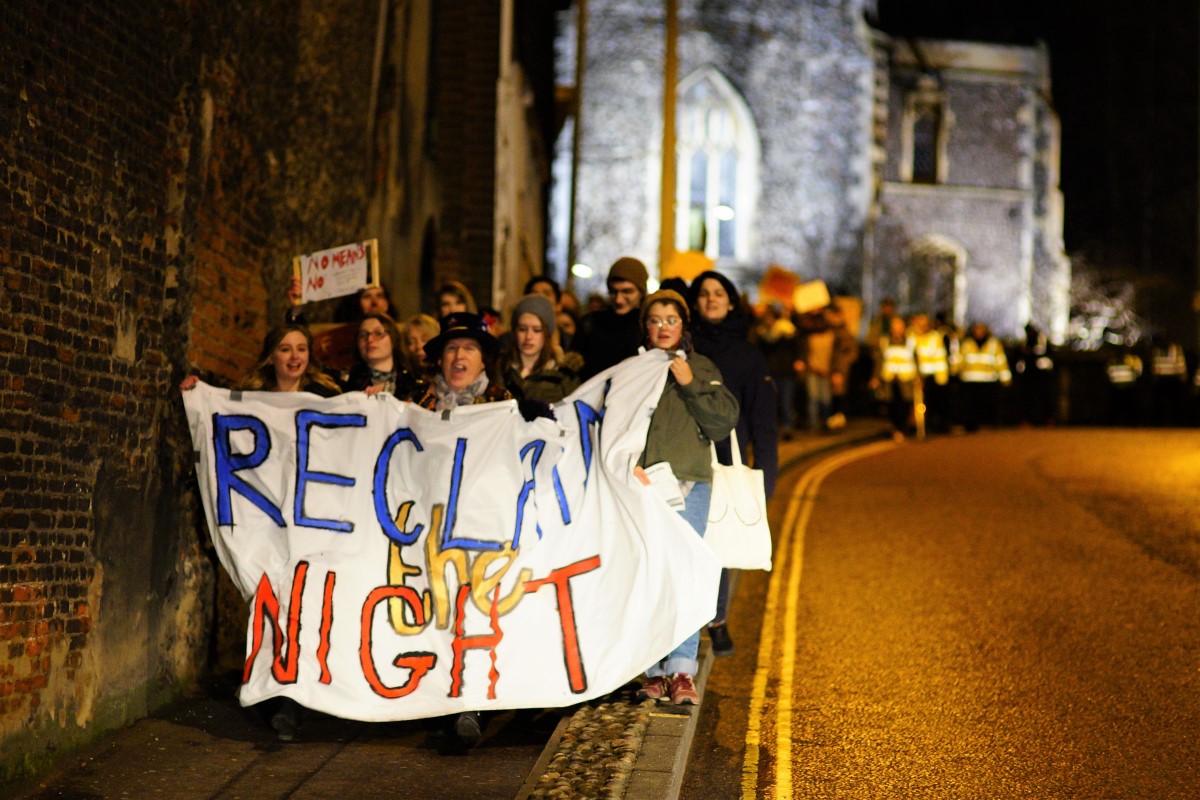
The march of some 50-plus people was one of solidarity, safety, and sensitivity, looking after the welfare of everyone involved, several of whom spoke of surviving sexual abuse or other forms of harassment.
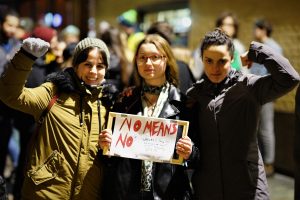
A number of young Spanish feminists found the event on Facebook, and were surprised more wasn’t happening on International Women’s Day whilst reflecting with sadness that they weren’t home in Spain during its first nationwide feminist strike of some 5 million women.
During the march, some dozen men on the streets asked me what it was about – there was no mockery but positive approval. Women standing in the queue for nightclubs gave us whoop-whoops as we passed, a couple of times cars honked their horns in solidarity.
This is indicative of how positive Norwich can be.
Unlike other Reclaim the Night events across the country, such as in London, which is considered a ‘women-only’ march, Norwich’s variation promotes an all-inclusive attitude towards supporting all individuals who may be affected by sexual harassment. Second year student, Ryan Jordan, who also delivered a speech and performed several poems, said,
“When I performed, my heart was pounding at first. But in the second half, I thought, ‘I’m with people who are amazing, and in Norwich you feel that you can do anything, unlike London…You’ve got a beautifully different array of people. It feels so safe. And UEA has always been very accepting. I feel okay being myself, and I feel that’s what Reclaim the Night is about.” – Ryan Jordan, as reported by Chloe Howcroft
As an invited speaker, for the second year running, I was loathed to draw attention to the issues of trans people, particularly trans women, and especially on #IWD, but current media headlines necessitated it and it was a safe place to do so given how inclusive an event the organising team had made it.
Here’s what I had to say:
Norwich Reclaim the Night 2018 speech
“Reclaim the night is an annual march … intended to reclaim bodily autonomy and space that is often stolen from us by gendered and sexual violence”
“All genders welcome. This is a sex-worker inclusive event, and we actively advocate for the decriminalisation of sex work. This is also an explicitly trans inclusive march. Given the chequered history of Reclaim the Night elsewhere in the country, we consider this vital to state clearly, and to do all we can to challenge the worrying rise of so-called radical feminism” – Brighton
“Boss babes see one another fighting for not with other women and systems.”
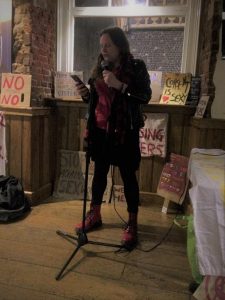
It is claimed that trans women mark the same level of risk to cisgender women as cisgender men do when in fact they are themselves at a higher risk of some types of abuse and attack (and ironically trans women as perpetrators of extreme violence pose a greater risk to men rather than women!)
The first attack, I mean “free speech debate”, that I saw in the media was timed to coincide with International Women’s Day and was by Judith Green of A Women’s Place UK calling it “transgender activists and the real war on women“.
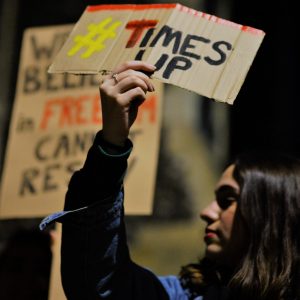
Not from a handful of trans people who in almost equal numbers now are traversing the gender divide and leaving biological birth essentialist determinism behind thus showing that neither the gender construct nor birth lottery need define you. Surely, that IS feminism?
Wonderful night! Thank you so much to everyone who showed up for #NorwichReclaimTheNight2018 and dug into their pockets to donate to @LeewayDV and to all the readers and speakers! A great inclusive way to mark #IWD
— Eli Lambe (@elisheepe93) March 9, 2018
